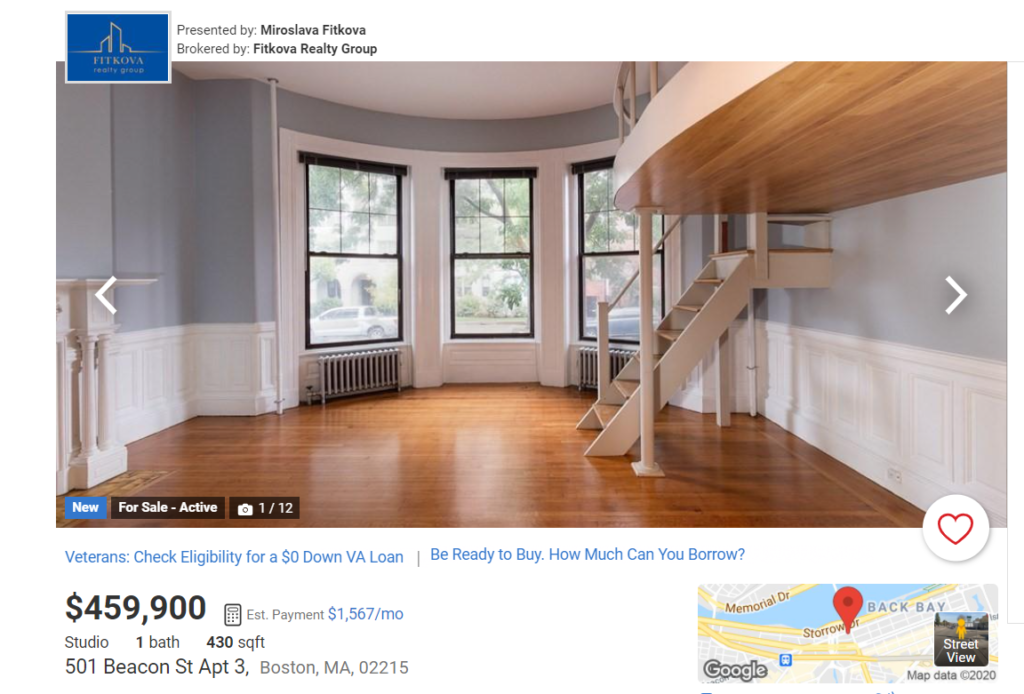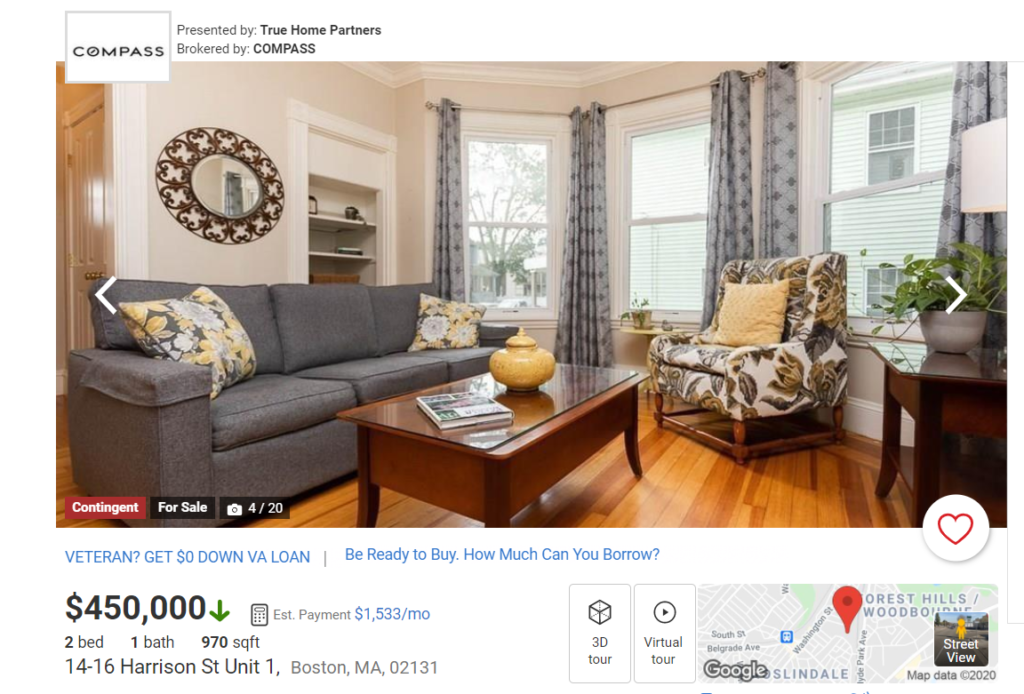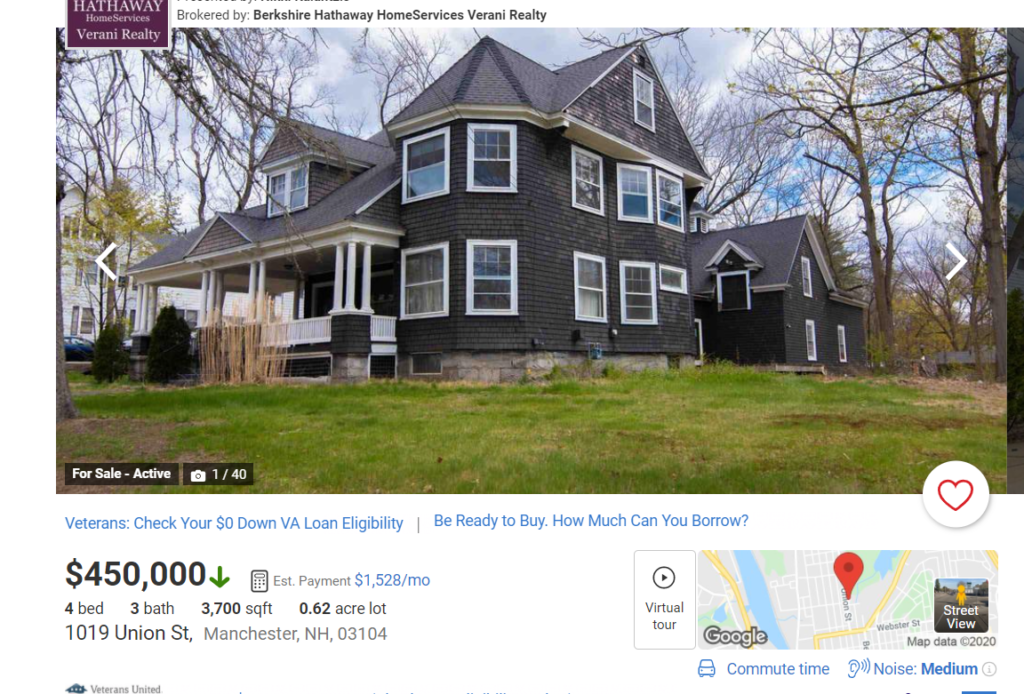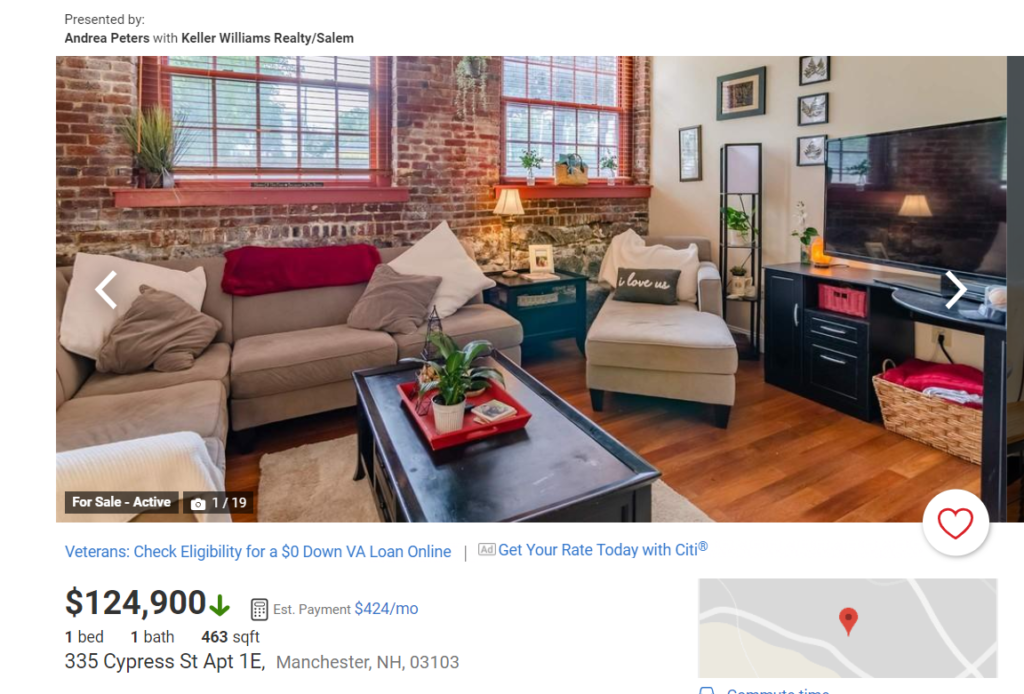Geographic Arbitrage is the Secret Agent Way to $$$
If you’ve never heard of the term “geographic arbitrage” (or geoarbitrage) before, it sounds like something lifted out of a crime movie. In essence it’s a practical approach to saving money: move to a place where housing is less expensive so your money will go further. It can also totally have its place in a serious spy drama: grim-faced guys in tailored suits and aviators discussing this strategy of Geographic Arbitrage that the enemies are ingeniously using to undermine world peace.
The rugged ex-agent rubs his impressive stubbled jawline, staring down the numbers projected before him. “How’d they get their millions in the first place?”
“Via a strategy well-known in their circles: geographic arbitrage.” Here one of the suits snaps to the next slide, showcasing the continental United States and animated movement moving across the screen. “They take high-paying jobs and then move to places with the lowest costs of living they can stand. All of that extra cash goes straight into their bank accounts, accruing much faster than it would for our average American citizen.”
“But how could they manage that with low-paying jobs in those regions?”
“By retaining their jobs in areas that pay them more. Or otherwise by working remotely, taking advantage of widespread civilian technology to simulate their presence in meetings and in the office.”
“Fascinating.” Ex-Agent to his colleague, who’s a sexy scientist lady in a pristine lab coat. “And what do they do with this extra money?”
“Whatever they want,” she says gravely. “That’s what makes them so dangerous.”

(Hollywood, I’m ready for hire.)
There’s some fascinating nuance to geographic arbitrage that I’m not sure would make it into the final script, sadly. So until I do get tapped to make the next big screenplay, here’s what you need to know about making it work.
Housing Costs Alone Make It Worthwhile
If you’re using arbitrage with anything, that basically means you’ve noticed you can get the same commodities for different prices… and use that to your advantage. Maybe you notice a product selling for $20 on one website is being sold for $50 on another website. It’s easy enough to buy from Website A and sell on Website B, earning you an automatic $30 profit thanks to market inefficiencies.
Hello, arbitrage!
Geographically, it works the same way – we all know some places are more expensive to live in than others. For most folks the biggest expense, bar none, is housing. I include myself in this equation with paying over $20,000 a year on rent alone (aka over two-thirds of my total yearly budget). Moving somewhere else could mean lowering the amount of money I spend by several thousand dollars. The opposite is also true; San Francisco is going to be a more expensive place to live than anywhere in Alaska, after all. But you don’t have to undertake an extreme move like that to make geographic arbitrage work in your favor. In fact, you might not need to move far at all if you hack it right.
We’ll look at my city for the perfect examples. Let’s say I’ve got around $450,000 to buy a home, and that I’m also flexible on where I live as long as I can still commute to downtown Boston for work.
If I only look at downtown Boston to put down roots, going a little over that $450k affords me a teeny studio with less than 450 square footage.

Unbeatable location? Check. Mere steps to the river? Check. A very nice, thoughtful home design? Check. Issue is, that’s still a pretty steep price tag for a very tiny space. My main option for doing laundry is a shared coin-op in the basement. And if I have a car, I better be okay with street parking because that’s all I’m gonna get.
But if I choose to live in a less expensive, less centrally-located part of the city, my money gives me more than double the space.

For such a small shift, that makes a big difference.
This time around I’m not that far away – the two above condos are roughly six miles away from each other. Yet that much distance is all I need to bag myself an extra bedroom, in-unit washer/dryer, and actual parking! Yes, geographic arbitrage has your back even if it’s only a few neighborhoods away.
Which is nothing compared to what you’d get an hour’s drive away in Manchester, New Hampshire:

“Oh, wow” does not quite cover it. For LESS than the cost of Option #1 you can get a massive Victorian mansion with more than eight times the space, three times the floors, and a shitload of yardage. Manchester isn’t just any town, either: it’s the biggest city in New Hampshire, Vermont, and Maine combined, while being a hotbed for small business, educated professionals, and – oh, yeah – absolutely zero sales and income taxes.
You can see how dramatic of a difference things are at the same price point. Now let’s see this in another light, using the condo again from Option 1. Let’s say you’re like me – a young professional who doesn’t really need that much space. Maybe you decide you’re more than fine with living in a studio or one-bed condo; who needs the headache of cleaning something bigger, after all? Now, if your only criteria is living in a small space, here are your options between downtown Boston and Manchester:
Buy a studio apartment for $459,000, OR buy a similarly-sized (actually slightly bigger) condo for $125,000. 🤯

And THAT is the magic of geographic arbitrage! You can use it to get more bang for your buck, if you want the space. Alternatively, you can use it to get what you already have at a much cheaper rate.
It’s all about the strategy when it comes to geographic arbitrage.
Obviously there’s several other factors to consider when you’re choosing where to live. I bet that Victorian we looked at requires a little more upkeep than any of the condos, for one. And without being serious about buying these places, who knows what repairs or other costs need to be accounted for before moving in. With that said, there’s no pooh-poohing the absolutely staggering difference between the costs of living in all three areas.
Especially as an absolutely staggering difference for you to exploit.
I’d like to perform my own version of geographic arbitrage by moving a few hours away and fulfilling my mountain fortress dreams. I’m not going to do anything drastic at this point in my life, but it’s certainly a possibility. There’s only one big downside I’ve seen with geographic arbitrage, and that downside only comes up when you haven’t done your research. Don’t just move to a different area solely because of the price point. You might end up absolutely hating your surroundings and living in misery, in which case is a clear sign you’re going about this all wrong.
For me, I know I’d be miserable in hot climates so moving to any southern states is an automatic no-go. For my brother, who loves urban areas and hates the cold, moving to my dream location in New Hampshire just won’t cut it. Check out the areas you’re considering moving to and spend time hanging out there. Book an Airbnb. Test it out. Money shouldn’t be the only aspect you consider.
Geographic Arbitrage is Now A Lot More Relevant
I’m seeing a lot more geographic arbitrage happen during this pandemic, albeit by a different name. Several analysts and journalists are noticing urbanites are ditching the city in favor of less expensive options. Makes sense: COVID has both made remote work the norm and made obsolete the stuff that made city life appealing in the first place. Why stick around and pay top dollar when you can’t mingle at cool events or be close to others?
It makes all the sense in the world to use this time for experimenting with where you want to live. Americans are more budget-conscious than ever, thanks to the pandemic kablooming entire industries and leaving millions worse off. There’s some out there who don’t have a choice when it comes to geographic arbitrage; they’re moving somewhere less expensive because they have to. My cool spy movie concept from before could very well be the opening scene for a depressing slice-of-life film, where the protagonist has to move somewhere else because they can no longer afford the home of their dreams. Not the adrenaline-pumping romp I first envisioned, and not the position you want to find yourself in.
So knowing that, it’s again strategy that’s your crucial dealbreaker. Moving somewhere less expensive doesn’t have to mean going rural if you don’t want it to. Moving rural also doesn’t mean automatic savings, either, when you’re not careful about your budget.
Note: if you happen to work for a company with a huge remote workforce already, make sure you’re not shooting yourself in the foot. Some companies will actually dock your pay if you move somewhere less expensive, as seen by FAANG employees fleeing Silicon Valley. If your employer doesn’t happen to be so bloodthirsty, by all means move somewhere your dollar stretches further.
The Lifestyle Adjustment This May Take
Culture can change from neighborhood to neighborhood or town to town. Going the geoarbitrage route also means accepting the lifestyle changes that will inevitably come with it. Even if you’re moving from a higher-cost city to a lower-cost one, the customs, weather, and local offerings can be wildly different. Nashville’s culture is a far cry from New York City’s, which is also a far cry from Charleston’s, or Chicago’s, or Seattle’s.
Again, to make geographic arbitrage work, you have to like the place you live in. Not just the physical house, but the overall city/town/teeny village as well. This might land you off the beaten path in a place you wouldn’t have expected to land. But hey, that’s part of the climb to wealth. Being a little weird is what’s needed to reach higher than average.
So grab your high-end gadgets and go kick some ass – secret agents aren’t the only ones with access anymore.
Cover image credit: Hayden Dunsel via Unsplash

